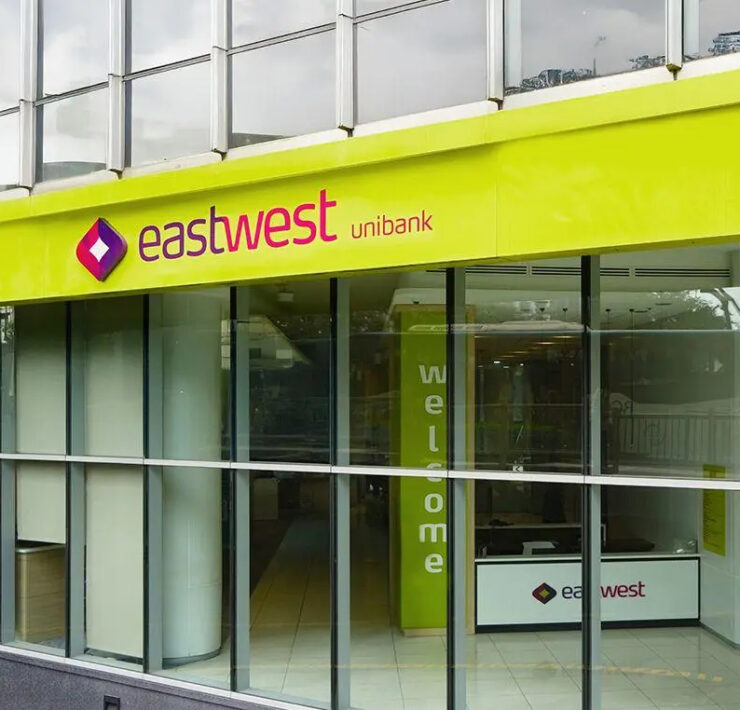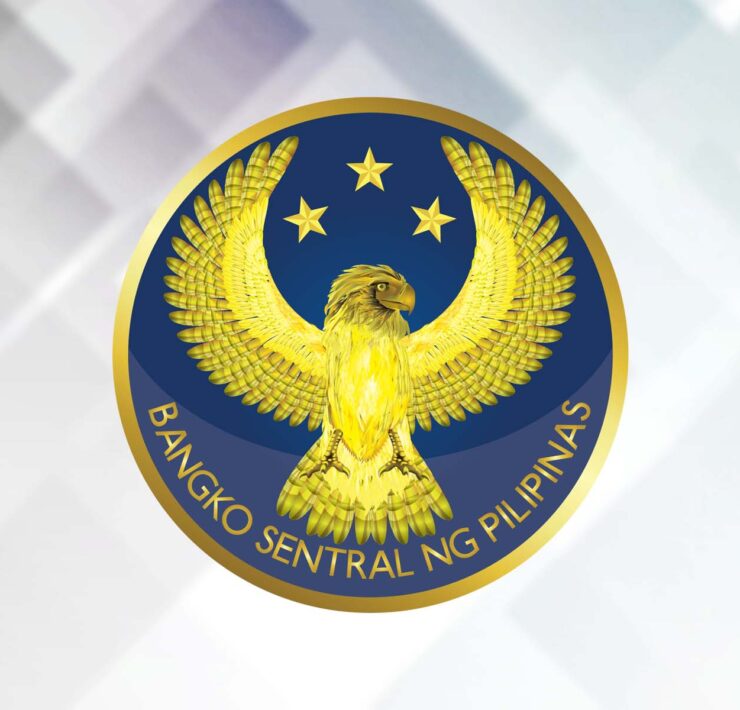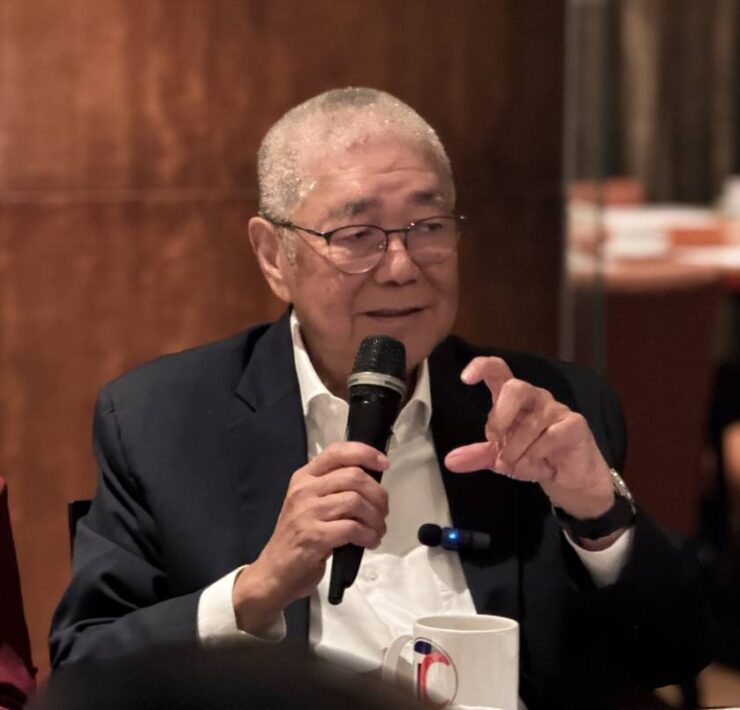BSP key rate will likely end 2025 at 4.75%, says Fitch unit

More reductions in the benchmark interest rate are expected over the next few months amid low inflation and slow growth of the Philippine economy, according to BMI Country Risk & Industry Research.
The research unit of Fitch Group said in a commentary that these two factors would prompt the Bangko Sentral ng Pilipinas (BSP) to further ease its policy stance during the remainder of 2025.
The BSP’s key policy rate is currently at 5.25 percent and BMI sees this ending the year at 4.75 percent.
“We expect the [BSP] to maintain a pro-growth policy stance in [the second half of] 2025 amid growing economic uncertainty,” BMI said.
The group noted that the growth of gross domestic product slowed to 5.4 percent year-on-year in the first quarter. GDP growth in the March quarter fell short of the lower end of the government’s own goal, which ranges at 5.5 percent to 6.5 percent.
Before that, the government was shooting for a growth rate of 6 percent to 8 percent.
“We believe this underperformance will continue into the coming quarters, given mounting signs of softening domestic activity and the winding down of exports front-loading,” BMI said.
Meanwhile, inflation remained below the BSP’s target range of 2 percent to 4 percent for the fifth straight month in July. Data at the Philippine Statistics Authority pegged inflation during that month at 0.9 percent year-on-year.
“With geopolitical risks, particularly surrounding the Israel-Iran conflict, now largely de-escalated, energy-related price pressures are expected to remain contained,” BMI said.
BMI now expects inflation in the Philippines to average at 1.6 percent in 2025. It previously forecast this at 2.2 percent.
Considering the GDP and inflation data, BMI expects the BSP to cut its policy rate by an additional 50 basis points this year. “The central bank has ample room to ease.”
Further, through this second semester, BMI sees the peso to continue trading against the dollar within the range of P55.20 to P59.20.
“We expect that the currency will end the year a touch stronger than the current spot rate of P57.22 [per dollar] as there remains the risk that investor confidence in the US dollar may weaken further,” BMI said.
The group noted that the US Federal Reserve is facing growing political pressure from President Donald Trump, who has publicly and repeatedly called cuts in their benchmark interest rates.
“In turn, markets could interpret any rate cuts as politically driven, raising doubts about the Fed’s independence especially if rate cuts coincide with fiscal slippage or policy uncertainty,” BMI said.
“This would support risk appetite for [emerging market] currencies such as the peso,” it added.





















